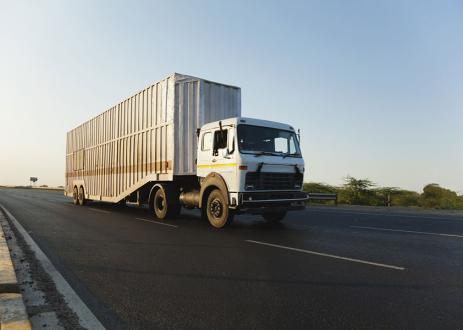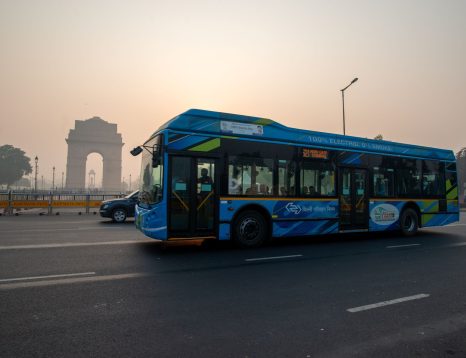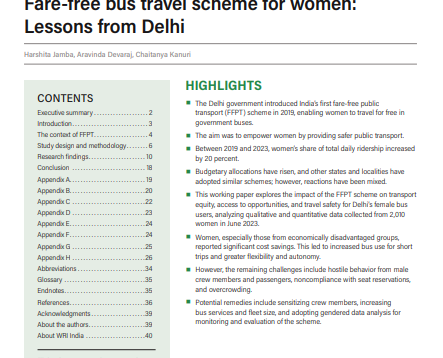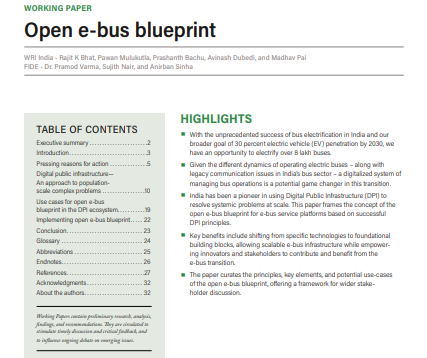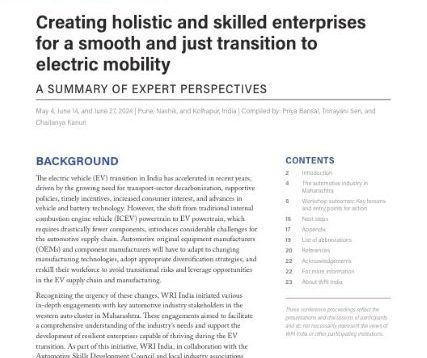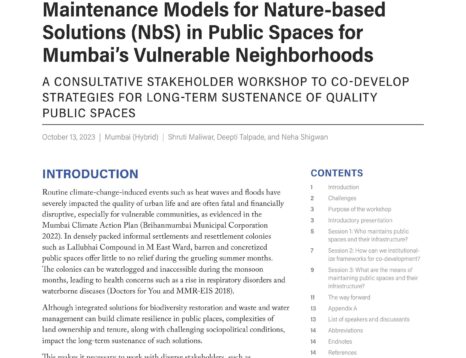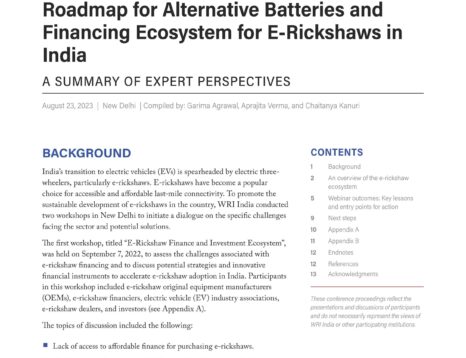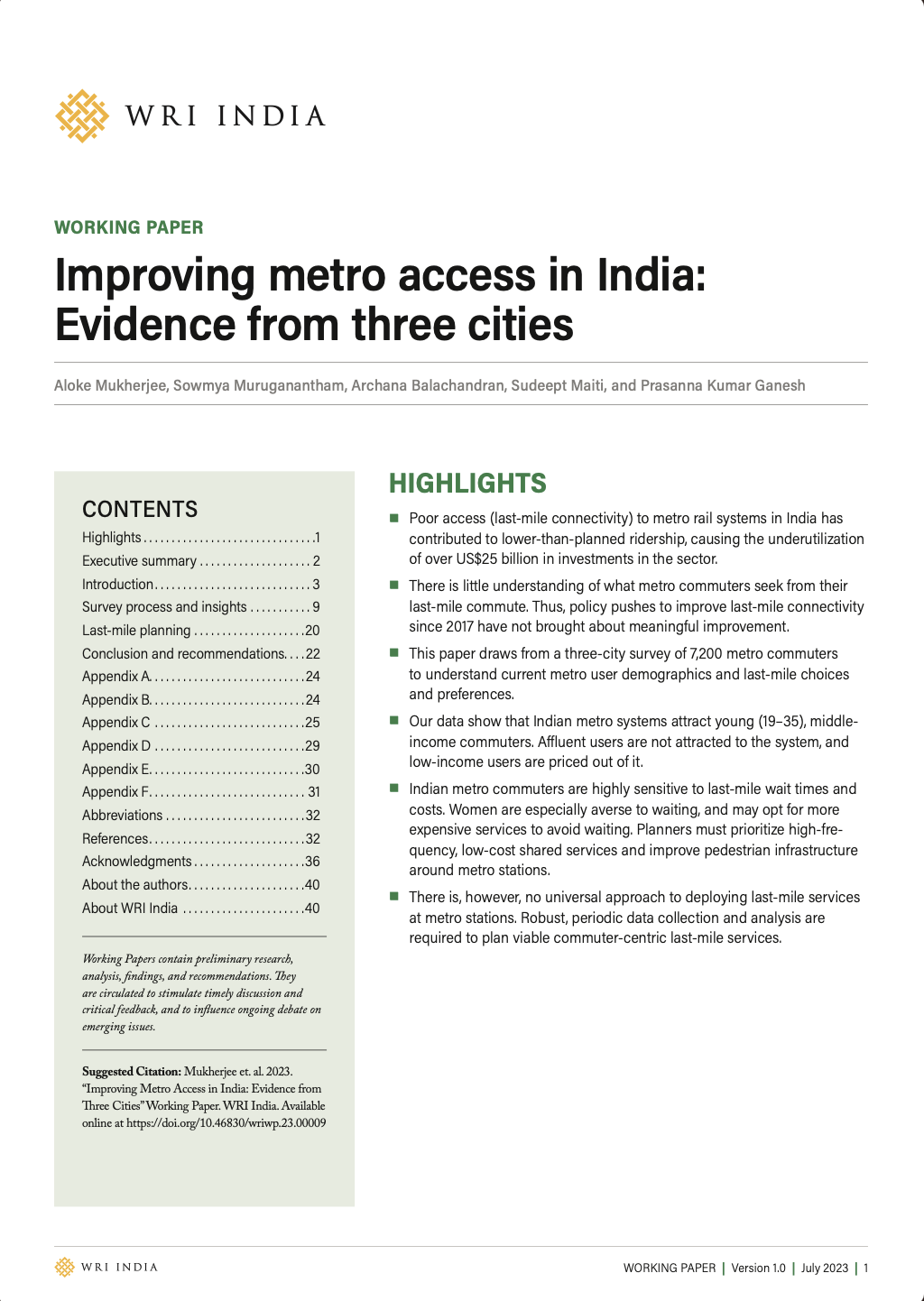
Poor access (last-mile connectivity) to metro rail systems in India has contributed to lower-than-planned ridership, causing the underutilization of over US$25 billion in investments in the sector. There is little understanding of what metro commuters seek from their last-mile commute. This paper draws from a three-city survey of 7,200 metro commuters to understand current metro user demographics and last-mile choices and preferences. Our data shows that Indian metro systems attract young, middle-income commuters. Indian metro commuters are highly sensitive to last-mile wait times and costs. The paper suggests that robust, periodic data collection and analysis are required to plan viable commuter-centric last-mile services.



